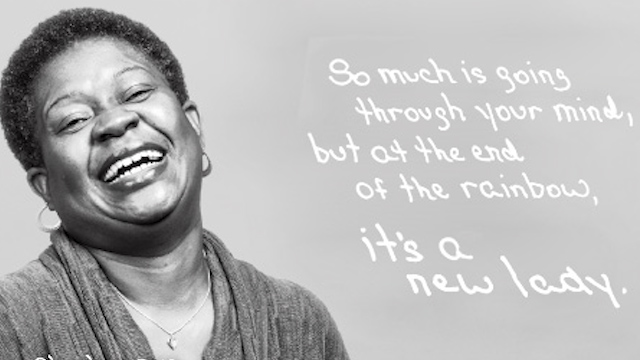
You’re feeling overwhelmed, you’ve just been diagnosed with breast cancer and facing a possible mastectomy. As a million different things fill your head, from the upcoming battery of tests, to the thoughts of recovery and distress, the last thing on your mind is breast reconstruction.
By Carolynn Grimes
The Plastic Surgery Channel
Diana, a breast cancer survivor, remembers how she felt when she was told she had breast cancer for the second time and making the decision to have her breasts removed. “I’m so happy I had a doctor tell me about reconstruction and point me in the right direction.”
Diana lives in an area where the breast cancer doctor recommended she see a board certified plastic surgeon, to reconstruct her breasts. However, there are still many women who are not aware of the Breast Cancer Patient Education Act. The act is an educational campaign to inform breast cancer patients of the availability and coverage of breast reconstruction, prostheses, and other options.
Immediate and with Natural Looking Results
About 1 in 8 (12%) women in the US will develop invasive breast cancer during their lifetime. Thankfully, breast reconstruction techniques are becoming more advanced, giving women more natural and immediate results.
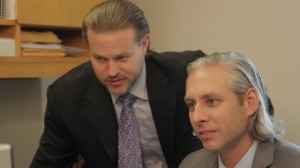
“Our breasts are a part of us, we don’t want to just have an empty shell up there. To know that there is this option available to women; it’s phenomenal,” says Diana.
The doctors work as a team alongside the breast cancer surgeon during surgery. Once the breasts are removed, the plastic surgeons immediately go to work, reconstructing the new breast or breasts using the woman’s own tissue and fat.
Diana had her breast reconstructed using tissue from her abdomen, to construct the breast and fat from elsewhere on her body to fill up the breast pockets. Snyder and Whitfield can use fat or implants to fill the breasts.
“The sad part is that I had enough tissue in certain areas,” jokes Diana, “but the great part was that I could use the tissue to make myself better. Dr. Whitfield and Dr. Snyder did an amazing job.”
Are you a candidate for immediate breast reconstruction?
The majority of women are good candidates for using their own tissue, either the DIEP flap, where skin is taken from your abdomen or tissue from the thighs or buttocks. “The benefits of using your own fat is it’s going to age (with the patient) much like a natural breast and won’t require maintenance or future operations, the way that an implant will,” states Snyder.
Dr. Whitfield and Dr. Snyder performed nearly two hundred immediate breast reconstruction surgeries last year. But the sad reality is only a third of women that have mastectomies go through reconstruction.
Many women still don’t know it’s their right to have reconstruction. Or, they may live in an area where there’s not a breast reconstruction specialist and therefore the procedure is never offered to them.
BRCA Testing
BRCA testing saves lives, says Dr. Whitfield. “With the BRCA test, we can identify women before they ever have cancer.” BRCA is a genetic test to determine your future risk for breast and ovarian cancer.
“A lot of younger girls that are still in their twenties or thirties, are choosing to have prophylactic mastectomies to reduce their risk of ultimately having breast cancer,” says Snyder. We’ve all seen evidence of this in the media with numerous celebrities that have been BRCA tested and chosen to be proactive in their fight against breast cancer.

BRAVE Day (Breast Restoration AdVocacy Education) is devoted to highlighting women’s rights and the importance of mammograms, as well as the availability and funding of restoration procedures.

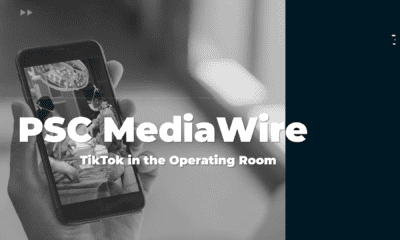


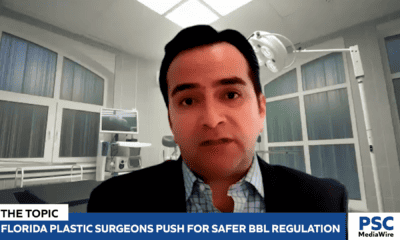
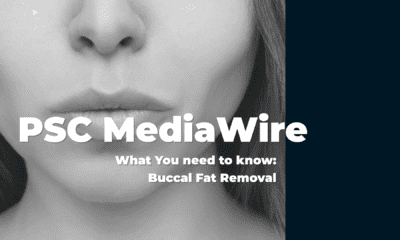


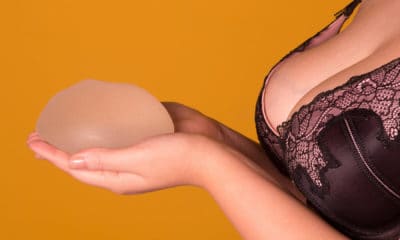
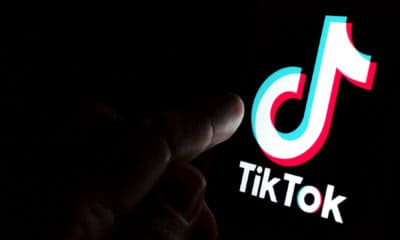




Facebook
Twitter
Instagram
YouTube
RSS